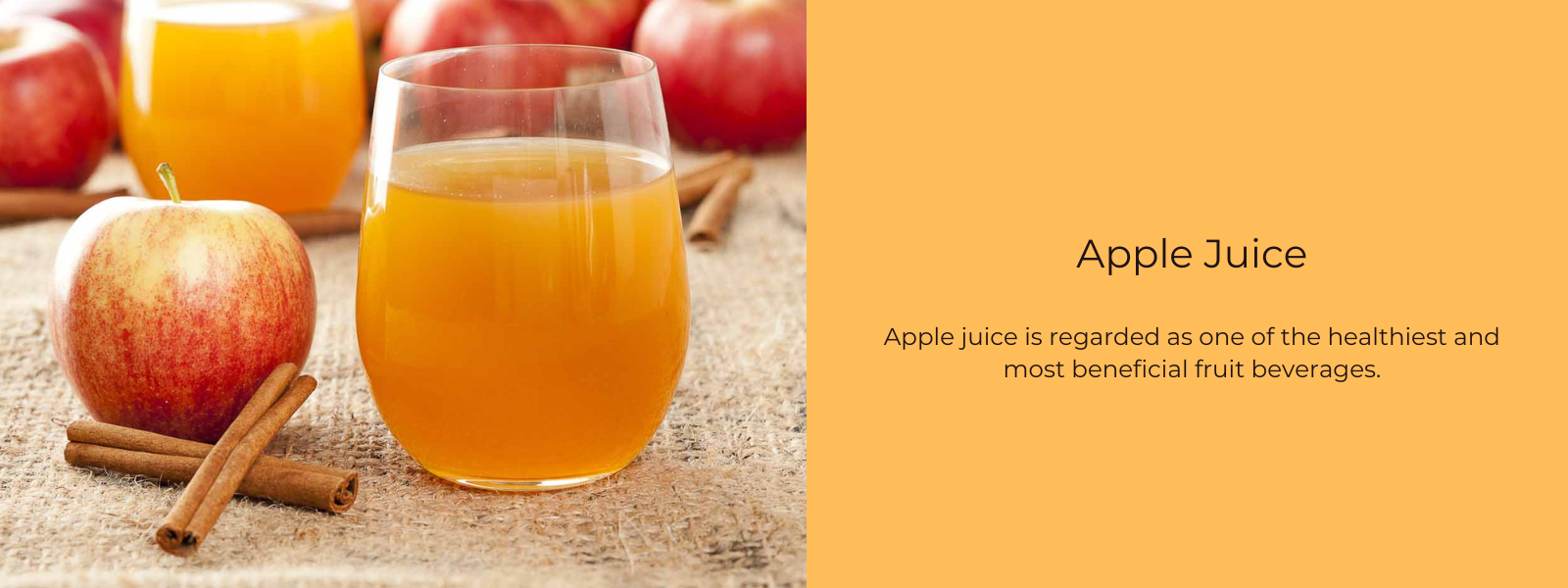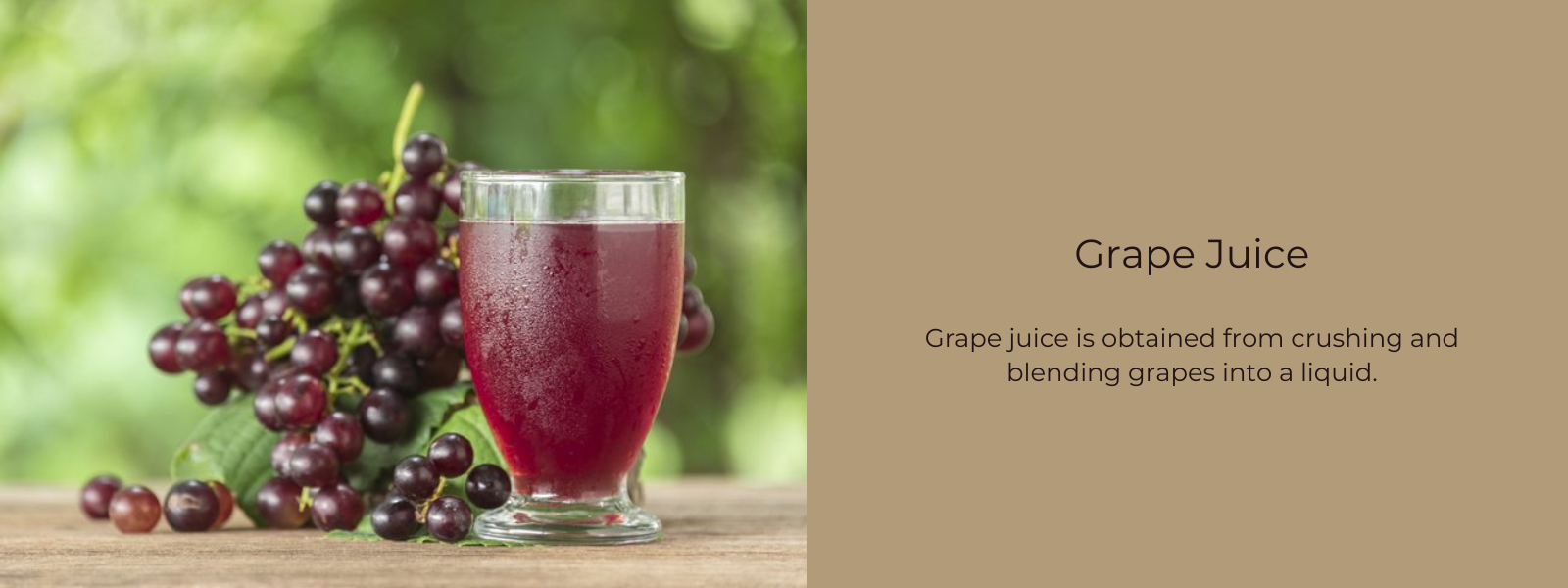If you were asked about your preferred fruit, you would likely respond with mango or apple, rather than guava, as guava is a relatively underrated fruit. It could be those tiny, abrasive seeds that get caught in your tooth enamel and irritate you; however, there is a solution. The most convenient and delicious method to consume guava is as guava juice.
Guava has been regarded to be one of the superfruits due to its numerous health benefits and unique flavour and aroma. It is indeed a nutritional dynamo. This unassuming fruit beverage is extremely high in skin-beneficial vitamin C, antioxidants, and lycopene. Manganese, which is abundant in guavas, helps the body assimilate other essential nutrients from food.
Table of Contents
What is guava juice?
Guava (Psidium guajava), is a member of the Myrtaceae family and a widely distributed tropical plant with a variety of traditional applications. It can be consumed either as a whole fruit or as a beverage. The same health benefits apply to both varieties. The juice is usually made during the summer to combat the heat, as its delicious flavour aids people of all ages. There are many health benefits of guava juice. From enhancing your skin's radiance to rendering your hair glossy and silky, no benefit is unverified. In addition to its external benefits, it aids in weight loss management, regulates blood pressure, helps manage diabetes, prevents constipation, improves eye health, and is beneficial for pregnant women.
How to make guava juice?
The guava is an exotic fruit with an appetising appearance. It is tasty and simple to prepare. Even though this beverage is available in nearly every store and café, it is always simpler and healthier to make it at home. It is fast and simple, and you can customise it to your tastes and preferences.
- Rinse guavas and peel the skin. Cut the guavas into small pieces.
- Place the guava chunks in a food processor.
- Blend the guava mixture as long as the guava is completely combined with the water and is homogeneous. If the mixture is blended for too long, the seeds of the guava will end up being finely powdered. This will make straining difficult, and the guava juice will turn grainy.
- Place a strainer with a fine mesh over a basin. To make the liquid even smoother, cover the strainer with muslin. Transfer the guava blend int the strainer and gingerly push it through with a spoon.
Nutritional value of guava juice:
During the humid summer months, guava juice is a great source of nutrients to help you feel refreshed. It maintains hydration and is high in vitamin C. As a natural laxative, guava's high fibre content is also beneficial for the digestive system. Vitamin C, A, E, and B-vitamins are abundant in the juice, as are potassium, phosphorus, magnesium, sodium, calcium, and zinc.
Health benefits of guava juice:
Good for the Heart
Fluctuations in blood pressure are caused by an imbalance between potassium and sodium levels. One of the benefits of guava juice is its ability to regulate blood pressure by balancing sodium and potassium levels. In addition, it helps regulate blood cholesterol levels, which is essential for maintaining a healthy heart.
Helps in digestion
Guavas are an excellent source of fibre, which is among the most vital nutrients. Dietary fibre promotes digestive system health and reduces constipation symptoms. The antibacterial properties of guava juice also alleviate the signs of dysentery and diarrhoea. You must ingest guava fruit daily in order to reap all of its nutritional benefits.
Regulates blood sugar levels
One of the primary benefits of consuming guava juice is that it assists in managing blood sugar levels. Due to its low glycemic index, guava is essential for diabetics in order to assimilate excess sugar.
It effectively regulates potassium levels, which are essential for a healthy heart.
Skin rejuvenation
Guava juice is exceptionally abundant in minerals, vitamins, and other nutrients that promote skin renewal and keep it shining. Antioxidant properties of guava protect skin ageing by neutralising free radicals. Additionally, it enhances the radiance and uniformity of the skin's tone, which are health benefits.
Contributes to the growth of the embryo
Guava juice includes vitamin B9 and folic acid, both of that are beneficial for expectant women because they promote foetal development. Their presence protects neonates from neurological disorders.
Guava juice covers the daily vitamin and mineral requirements of expectant women. Consult a physician before having guava in any form, as it may cause pregnant women to experience occasional gas, bloating, and stomach pains.
Improves eye health
Vitamin A is crucial in preserving eye health because it prevents cataracts and macular loss. Guavas are rich in vitamin A. Additionally, it protects eye cells and prevents cellular senescence. One of the most significant benefits of guava juice consumption is enhanced eye health.
Facilitates weight reduction
Guava juice helps you maintain a healthy physique and weight without depriving you of essential fibre, vitamins, and proteins. It satisfies you for an extended amount of time and lowers your appetite between meals, so it has health benefits.
Effective cure for cold and congestion
This vitamin C-rich beverage can aid in the prevention of seasonal influenza, colds, and coughing. Guava juice assists in the elimination of mucus which obstructs the passage of saliva, oxygen, and pathogenic bacteria and viruses from the respiratory system. As an astringent, it inhibits the development of bacteria that reduce lung congestion.











Leave a comment